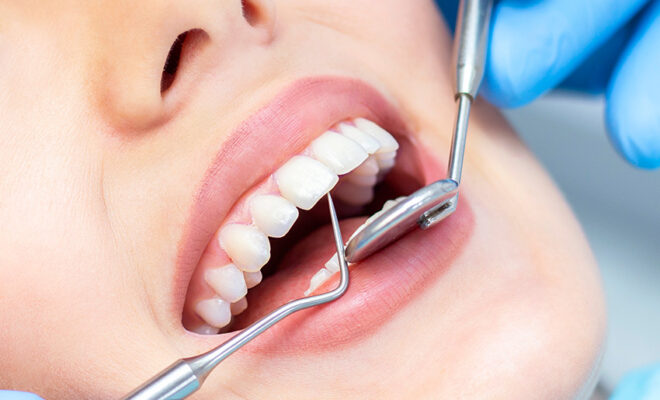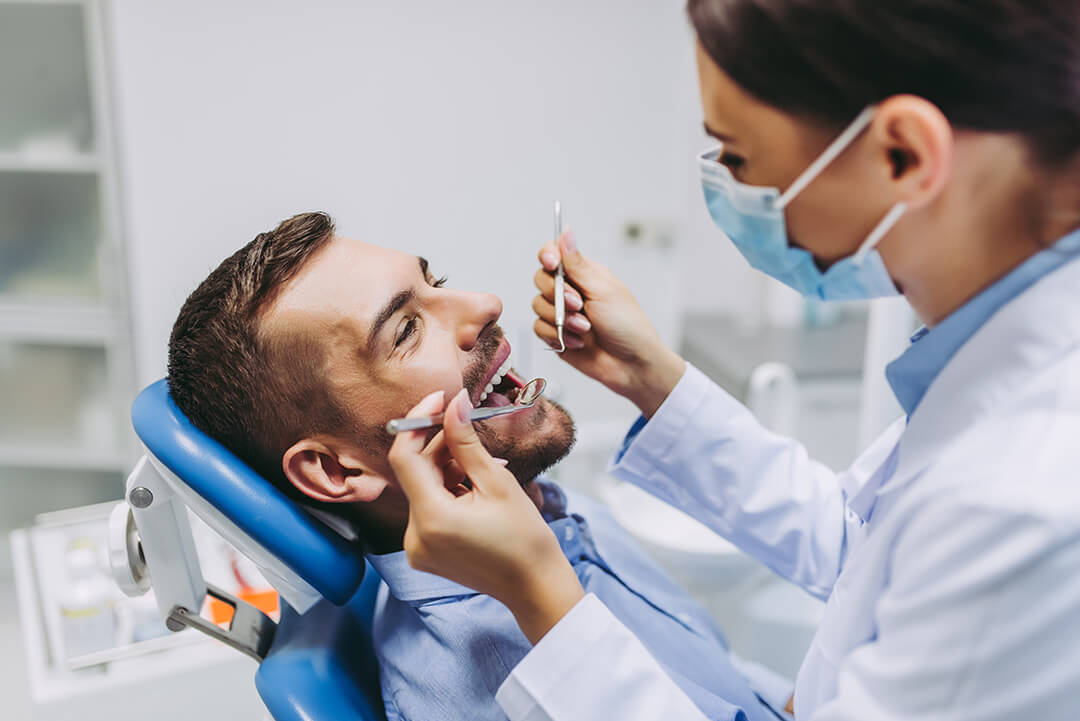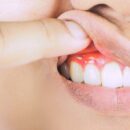General Dentistry: Dealing With Cracked Teeth And Repair Options

Cracked teeth can cause discomfort and stress. They might come from an accident, biting hard foods, or everyday wear. It’s important to address these cracks quickly to avoid further damage. Dentists offer several ways to repair cracked teeth. Options include fillings, crowns, and even Glendale dental bridges. Each solution depends on the crack’s severity and location. Understanding these options is the first step to restoring your smile. Let’s explore the most effective treatments to ensure your teeth stay strong and healthy.
Understanding Cracked Teeth
Cracked teeth can vary in type and seriousness. Not all cracks show symptoms, but some may cause pain when chewing or sensitivity to hot and cold. Identifying the type of crack is essential for choosing the right treatment. Here are three common types:
- Craze lines: These are tiny cracks in the enamel. They are often shallow and do not cause pain. Treatment is usually not necessary, but a dentist can monitor them.
- Fractured cusp: This type of crack involves a piece of the tooth’s chewing surface. It might not affect the pulp, but it can cause discomfort.
- Split tooth: A split tooth results from a long crack. The tooth is divided into distinct segments, which often require extraction.

Repair Options for Cracked Teeth
Several factors influence the choice of treatment for cracked teeth. These include the crack’s type, size, and location. Below is a comparison table of common repair options:
| Repair Option | Description | Pros | Cons |
|---|---|---|---|
| Bonding | Using a tooth-colored resin to fill the crack |
|
|
| Crowns | A cap that covers the cracked tooth |
|
|
| Root Canal | Removing damaged pulp and sealing the tooth |
|
|
| Extraction | Removing the tooth |
|
|
Preventing Cracked Teeth
Prevention is always better than treatment. To keep teeth healthy:
- Avoid chewing hard objects like ice and unpopped popcorn kernels.
- Wear a mouthguard if you grind your teeth at night or during sports.
- Maintain a regular dental check-up schedule.
Consulting Your Dentist
Regular dental visits can help catch potential issues early. Your dentist can provide personalized advice and solutions. If you suspect a cracked tooth, make an appointment right away. Early treatment can prevent complications and save the tooth. For more information, visit MouthHealthy from the American Dental Association or explore resources from NIDCR, the National Institute of Dental and Craniofacial Research.
Final Thoughts
Cracked teeth are common but manageable. With the right care, it’s possible to restore comfort and function. By understanding the different types of cracks and treatment options, making informed decisions becomes easier. Remember, taking preventive measures can reduce the risk of cracks. Always seek professional guidance to keep your teeth in top condition.








